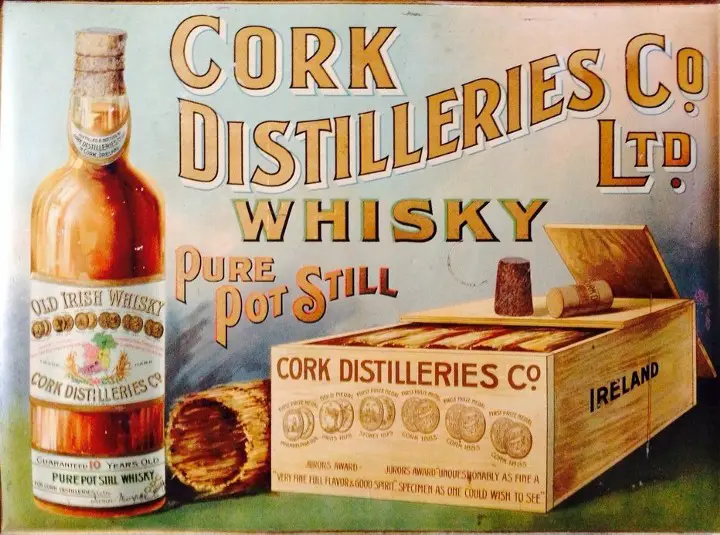 efore the American Revolution, whisky was a relatively unpopular drink in the 13 colonies. The story of the events that led to the transformation of the 13 British colonies into the future United States of America is well known to the general public, however, from time to time, some aspects that history books and documentaries tend to overlook manage to reach one way or another to the public’s attention.
efore the American Revolution, whisky was a relatively unpopular drink in the 13 colonies. The story of the events that led to the transformation of the 13 British colonies into the future United States of America is well known to the general public, however, from time to time, some aspects that history books and documentaries tend to overlook manage to reach one way or another to the public’s attention.
One of these aspects is the role played by whisky in the post-American Revolution. As explained by contemporary records, before the declaration of independence, whisky was not very popular, with the settlers preferring strong alcoholic beverages such as rum, gin, or brandy.
British-American import/export
The change in political and trade relations with the London metropolis was also felt in terms of the situation of alcoholic beverages consumed by former settlers. For example, the first comparison with rum, which raw materials, molasses and sugar cane, had to be imported from the Caribbean. Whisky, on the other hand, is mainly produced using corn, something the settlers had in a large abundance.
“The British stopped exporting molasses and rum from the West Indies during the revolution,” writes William Rorabaugh in The Alcoholic Republic: An American Tradition, published in 1979.
“Whisky became a domestic substitute during the military conflict,” Rorabaugh notes. Even the cessation of hostilities failed to restore rum imports to pre-independence quantities. This situation, corroborated with the beginning of the expansion to the west, where larger areas could be planted with corn, led to the tilt of the balance in favor of whisky.
A new use for corn
This expansion has turned the production of spirits from a “hobby” into an economic necessity. American farmers produced more corn and it could spoil, so they preferred to turn the surplus into alcohol that was traded to the east of the continent.
In Ireland and Scotland, where whisky came from, it was produced using potatoes, wheat, rye, or barley, under these conditions, the use of corn proved to be an innovation that individualized American products. Over time, farmers discovered that adding rye or wheat increased the efficiency of the process.
In fact, the economic importance of whisky became so great that when Treasury Secretary Alexander Hamilton persuaded the United States Congress to pass a law taxing alcohol production to cover debts incurred in the War of Independence, gave rise to a new conflict: the Whisky Rebellion, which was led by farmers in western Pennsylvania.
The importance of whisky diminished over time with the diversification of industrial production in the United States, which has focused on other goods and services and generated much higher revenues. Also, an important aspect that has led to a decrease in the importance of whisky is the development of women’s rights movements. For many of them, alcohol abuse by partners proved to be one of the causes of the problems that many of them faced at home.
Avid Writer with invaluable knowledge of Humanity!
Upcoming historian with over 30 million views online.
“You make your own life.”





